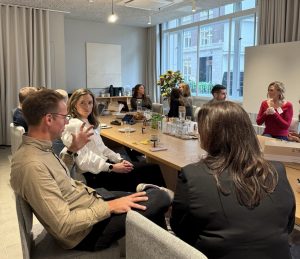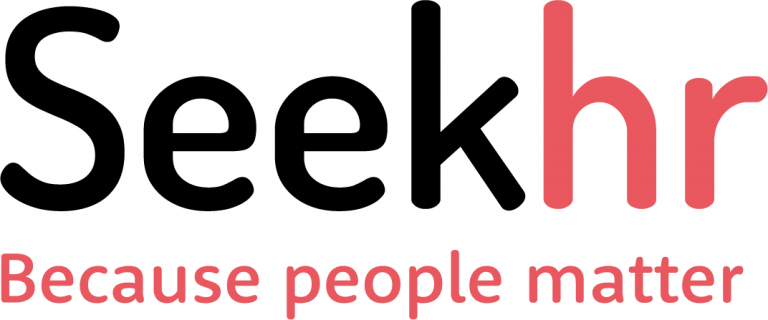In 2016, stress accounted for 37 percent of all work-related ill health cases and 45 percent of all working days lost due to sickness. In all, almost half a million workers suffered from stress or anxiety at work last year.
The main factors cited by those suffering from stress at work were workload pressures, tight deadlines, a lack of managerial support, and pressure to be ‘always on’.
Since the pace and intensity of our modern workplace culture aren’t likely to change, it’s more important than ever to build resilience skills so that you can more effectively navigate your work life.
The good news is that mental tenacity isn’t something that some people have and others simply don’t. Rather, decades of research show that resilience is built up by behaviours, attitudes, and social supports that can be cultivated by anyone. In other words, you can learn to be more resilient.
Practice mindfulness
These days meditation and yoga are well and truly mainstream. While there’s always been a core group of devotees who have sworn that these methods have helped to ease their stress and anxiety, medical schools have now started to extensively study just what it is about these mindfulness techniques that can lead to psychological benefits.
The results are impressive. A recent study found that just a short period of daily meditation could have the same positively health and wellbeing benefits as a week’s holiday. What really struck the team, though, was that unlike the positive benefits of a vacation — which may last for only a few weeks — the health benefits of meditation are long lasting.
The best thing? It’s simple, and you can practice it from just about anywhere. Writing in the Huffington Post, meditation guru Charles Francis recently explained how to get started:
‘Find a quiet place (at home or work) where you can sit for a few minutes without being disturbed. Close your eyes and begin following your breath. Focus your attention on the sensation of the air passing through the tip of your nose. Count your breaths 1 through 5 silently in your mind. When you get to 5, simply start over again.’
Meditation sessions needn’t be lengthy. Harvard Medical School looked at how long patients needed to meditate to show serious improvements in their stress and anxiety levels. They found that just a few short 10-15 minute sessions a week was all it took.
Stop trying to multitask
Multitasking is a myth. Pretty much every study ever conducted into human productivity has found that we’re just not effective or efficient at performing multiple tasks simultaneously. In fact, neuroscientist JoAnn Deak has noted that multitasking typically ‘doubles the amount of time it takes to do a task, and it usually at least doubles the number of mistakes’.
Writing in the Harvard Business Review, Rich Fernandez, a former HR chief at Google, writes that ‘people are best at “serial monotasking”’. Managers, he says, should encourage monotasking by helping team members with clear, one-at-a-time task prioritisation, defining milestones that don’t overlap, and generally avoiding the trap of mistaking the urgent for the important.
It’s also beneficial to group similar types of task together as much as possible. For example, block out particular times in your calendar for emailing, organising travel, writing up meeting notes, and so on.
Compartmentalising like this works because there’s a big switching cost associated with changing from one type of task to another. Rapidly changing between task types can have as much as a 40 percent knock on productivity.
So, practice compartmentalisation and get more done at work in less time. Getting on top of those deadlines and feeling positive about your work day is a vital ingredient in building mental strength at work.
Take ‘detachment’ breaks
Making time for short breaks could make all the difference to your day. We all know the great feeling we get when we’re in a zone, powering through tasks, and our creative energies are really flowing.
The problem is, it doesn’t often last long — stretch yourself just a bit beyond that productivity zone, and you quickly start to feel unfocused, zoned out, tired, and a little irritable. What changes, and how can you get back in the groove?
Basically, our brains simply aren’t built for extended periods of intense focus. Mental focus, clarity and energy cycles typically only last for between 90 minutes and 2 hours. After this time, it’s better to step away and take a short break rather than attempt to power through.
Research suggests that balancing work activity with a five or 10-minute break away from your desk, ideally walking or chatting about things unrelated to work with colleagues, can promote greater energy, creativity, and focus, ultimately growing our capacity for resilience through the course of the workday.
***
Are you an EA, PA, or business support professional looking to take your career to the next level? Executive Partnerships can help. We’re a specialist recruitment agency working with leading companies and organisations to connect them with talented staff. Learn more at executivepartnerships.co.uk.





